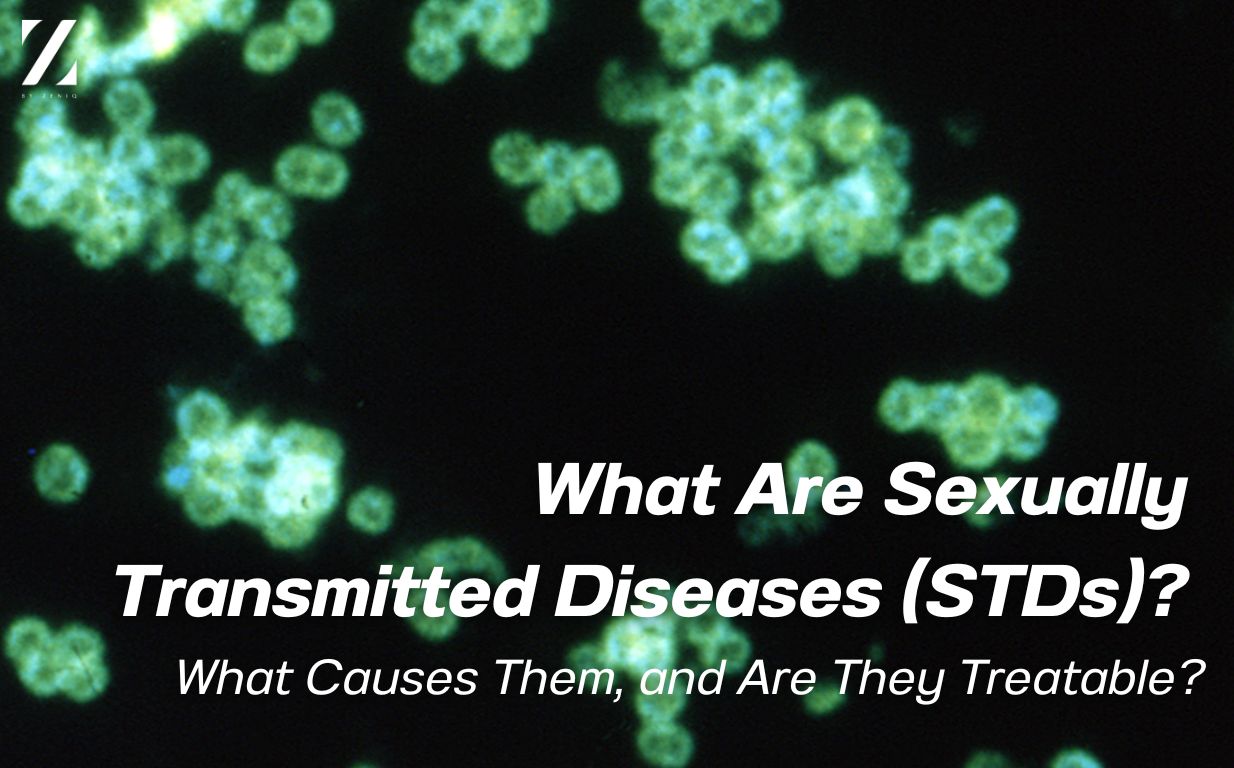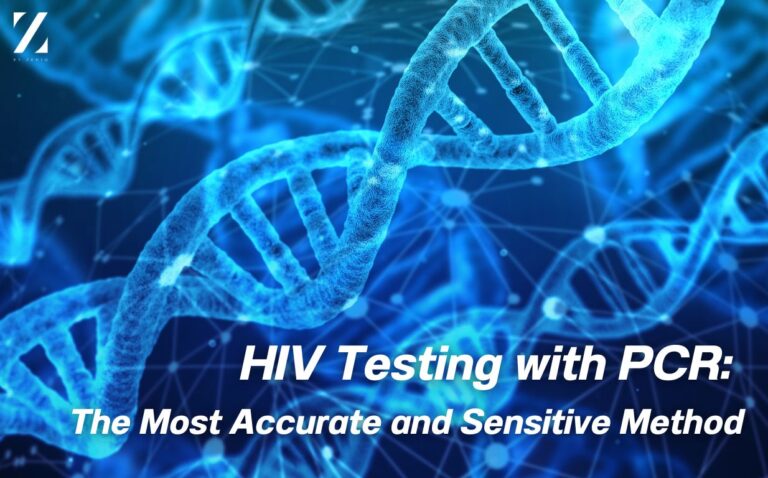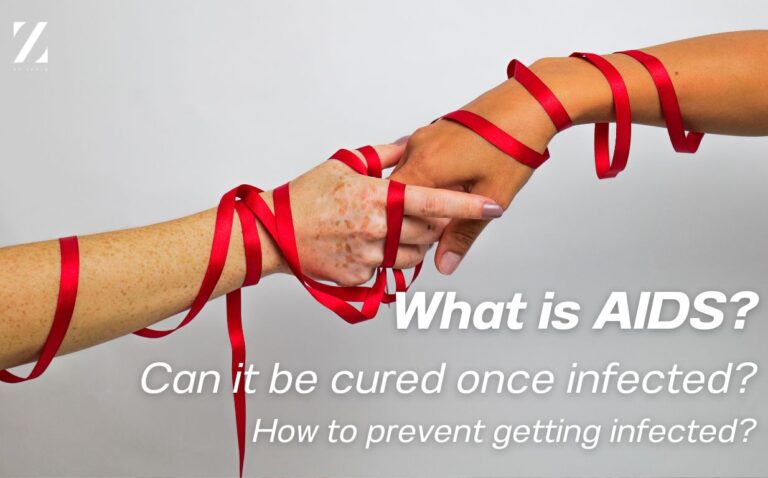Sexually transmitted diseases (STDs) are no longer distant concerns. The number of cases in Thailand is rising alarmingly. Unprotected sexual activity is the primary cause of these infections, which can have serious impacts on physical health, the reproductive system, and personal relationships. This article provides an overview of STDs, including their causes, symptoms, treatments, and prevention methods, enabling you to take better care of your sexual health and that of those around you.
What Are Sexually Transmitted Diseases (STDs)?
Sexually transmitted diseases (STDs), or sexually transmitted infections (STIs), refer to infections caused by viruses, bacteria, or parasites that can be spread from person to person through blood, semen, vaginal fluids, or direct contact with infected areas. While sexual intercourse is the main transmission route, STDs can also spread through shared needles, blood transfusions, or from mother to child during pregnancy or childbirth. Therefore, practicing safe sex is only one aspect of preventing these infections.
Causes of STDs
- Multiple Sexual Partners: Having multiple or frequent sexual partners increases the risk of exposure to infections, as it’s difficult to know the sexual health history of each partner.
- Unprotected Sex: Engaging in unprotected sex, or using damaged condoms, increases the risk of contracting or transmitting infections.
- Drug Use: Using drugs, especially when sharing needles, significantly increases the risk of transmitting STDs.
- History of Infections: If you or a partner have had a previous STD and did not receive proper treatment or protection, it increases the likelihood of reinfection or spreading the disease.
Common STDs
STDs can be transmitted through vaginal, oral, or anal intercourse. Some common STDs include:
- Genital Herpes
Caused by the herpes simplex virus (HSV), genital herpes comes in two types: HSV-1 and HSV-2. HSV-2 is the most common cause of genital herpes, leading to painful blisters or sores in the genital, anal, or nearby areas. These sores break open, forming ulcers that eventually heal, but the virus remains in the body and can recur. It can be transmitted even when symptoms are not visible. Pregnant women with herpes can pass the infection to their babies, leading to serious health issues. - Gonorrhea
A bacterial infection caused by Neisseria gonorrhoeae, gonorrhea can affect the genital, anal, and oral areas. Men may experience painful urination and pus-like discharge from the penis, while women might have burning sensations when urinating, abnormal discharge, or no symptoms at all. If untreated, it can lead to serious complications like infertility, and pregnant women can pass it on to their babies during childbirth. - Chlamydia
Caused by the bacterium Chlamydia trachomatis, this infection often shows no symptoms, but it can lead to painful urination, abnormal discharge, and other issues. If left untreated, it can cause pelvic inflammatory disease (PID) in women, leading to infertility and complications in pregnancy. Men may also experience complications such as urethritis. - Pubic Lice
Pubic lice, small parasites that live in the pubic hair, can cause intense itching and irritation. They are transmitted through close personal contact or sharing personal items like towels. The parasites feed on blood, causing itching and sometimes visible red spots or bumps. - Syphilis
Syphilis is caused by the bacterium Treponema pallidum, resulting in painless sores (called chancres) that can appear on the genital, anal, or oral areas. Without treatment, syphilis can progress through stages, leading to skin rashes, organ damage, and even death if left untreated. Syphilis also increases the risk of HIV transmission. - HIV
Human Immunodeficiency Virus (HIV) weakens the immune system, leaving the body vulnerable to infections and diseases. HIV can lead to Acquired Immune Deficiency Syndrome (AIDS) if untreated. It is transmitted through contact with infected blood, semen, vaginal fluids, or breast milk, most commonly through unprotected sex, needle sharing, or from mother to child during childbirth or breastfeeding. - Human Papillomavirus (HPV)
HPV consists of several strains, some of which cause genital warts, while others can lead to cancers such as cervical, anal, or throat cancer. It is often asymptomatic, with some strains showing visible warts. Vaccines can protect against high-risk types of HPV. - Trichomoniasis
This parasitic infection is caused by Trichomonas vaginalis, and often results in vaginal discharge, itching, and discomfort for women. Men may experience pain or burning during urination. If untreated, it can lead to complications, including infertility. - Hepatitis B
Hepatitis B is a viral infection that damages the liver. It can be transmitted through unprotected sex, shared needles, or from mother to child during childbirth. Early symptoms resemble flu-like symptoms, but if left untreated, it can lead to cirrhosis or liver cancer.
STDs Testing
Regular testing is crucial for maintaining sexual health and safety. Common testing methods include:
- Blood Tests: Common for detecting HIV, syphilis, and hepatitis.
- Urine Tests: Used to detect gonorrhea and chlamydia.
- Pap Smear: To check for abnormal cervical cells that could lead to cervical cancer.
- Fluid Tests: For detecting other infections from genital discharge.
A doctor will choose the most appropriate test based on symptoms and sexual history. Regular screenings help detect infections early, reduce transmission risk, and ensure better health outcomes.
Prevention of STDs
To reduce the risk of STDs:
- Use Condoms: Always use condoms or other protective devices during sexual activity.
- Regular Health Check-ups: Regular STD testing is essential to detect infections early and prevent the spread.
- Avoid Sex When Symptoms Are Present: If you or your partner have symptoms like sores or rashes, avoid sexual contact until tested and cleared by a doctor.
- Vaccinations: Vaccines for hepatitis B and HPV can prevent certain STDs.
- Avoid Sharing Personal Items: Don’t share towels or clothing with someone who may be at risk of STDs.
Conclusion
STDs are a significant health issue, and regular prevention and screening are key to maintaining sexual health. By using condoms, getting regular check-ups, and vaccinating against preventable diseases, you can reduce the risk of STDs and maintain better sexual health.
For confidential and professional STD screening and consultations, Z by Zeniq is here to help. Our experienced medical team ensures privacy and offers expert care in a safe and comfortable environment.




